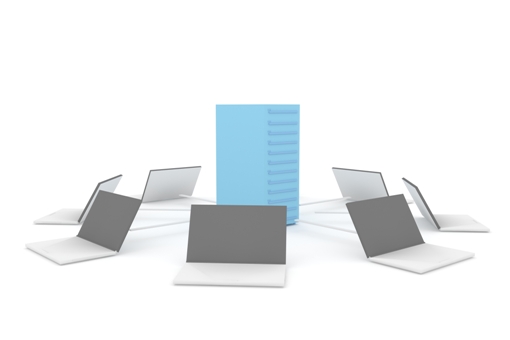Artificial Intelligence (AI) and Machine Learning (ML) have become the technology anchors for problem-solving for businesses whether it is retail, banking, insurance, healthcare, or even sports. These technologies have changed the way businesses are being run through a reduction in operating cost, improving efficiency, and increased efficiency. One of the upcoming areas where the latest technologies have been successfully implemented is the transport industry which is plagued with issues related to traffic congestion, unexpected delay, and routing problems leading to mental and monetary loss to all the commuters.
With urban areas struggling with traffic congestion, AI solutions have emerged in accessing real-time information from vehicles for traffic management and utilizing mobility on demand in trip planning through a single user interface. Vehicles that are connected through technology improve driving efficiency by forecasting traffic conditions on the road.
Several use cases of AI in transportation have been experimented and adopted justifying the fact that this market is on an upward surge. AI in the current form has the ability to solve problems in real-time transport thus managing design, operation, time schedule, and administration of logistical systems and freight transport. Some of the other applications include travel demand analysis, transport organization, pedestrian and herd behaviour analysis.
Data and AI-driven applications and services are the major cornerstones to achieving the vision of delivering optimal mobility. In order to build an effective and efficient mobility ecosystem in a city, a holistic approach of mobility management is required. Connected vehicles send data in real-time thus generating immense amount of data. With transportation demands continuing to increase, data growth through devices also grows; thus, creating a need for smarter management of road traffic.
To add, an integrated traffic management system (ITMS) is an advanced application that without embodying intelligence as such aims to provide innovative services related to different modes of transport and traffic management. ITMS software suite leverages advanced techniques in Artificial Intelligence & Machine Learning that adds an intelligent layer to standard IP cameras. This allows multiple kind of violation detections & help generate alerts for the same. In addition to this, data visualization layer help traffic authorities understand ground situation and trends across the city like never before, enabling traffic authorities to plan and take pre-emptive actions.
As these technologies become mainstream, the transport industry is acknowledging the extensive advantages of cloud infrastructure and applications with built-in ML and AI algorithms. The efficient use of AI and ML will ultimately lower infrastructure costs and time-saving. India is gearing to be one of the leaders driving this change. Per a report by Accenture, leveraging AI could potentially result in adding a significant USD 957 billion to the country’s economy in 2035, provided the right investments are made towards new-age technologies.
Once inconsistencies like the skill gap and the initial reluctance are left behind, the potential of AI/ML will be crowned kings of the technological world leading to a significant revolution. As the world becomes more unpredictable, harnessing AI/ML is the best bet to navigate through the onslaught of any eventuality and have better chances at not just sustaining but growing the intelligent traffic management ecosystems.
Source: businessworld.in









